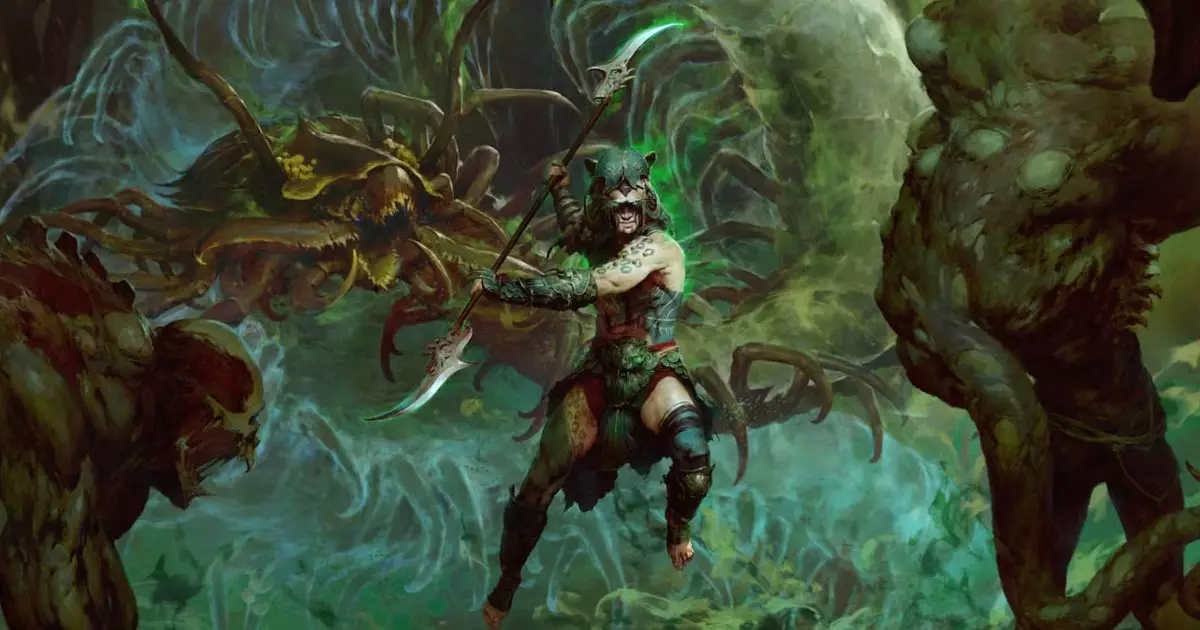The term ‘Action RPG’ (often abbreviated as ARPG) is fraught with ambiguity, leading to its misuse and misunderstanding across the gaming community. At its core, the genre encapsulates games that combine traditional role-playing elements with fast-paced action; however, the definition can shift dramatically depending on who is discussing it. Titles like Diablo 4 and Path of Exile are often cited as archetypal ARPGs, incorporating a blend of combat, character progression, and loot mechanics that fans adore. Yet, the inclusion of games like The Legend of Zelda into the ARPG discussion complicates matters significantly. While it incorporates action and some RPG mechanics, it is a fundamentally different experience, leading to the perplexing duality of what constitutes an ARPG.
The semantics of genre classification are critical in an industry laden with subgenres and derivative titles. Recent comments from Rod Fergusson, the head of the Diablo franchise, have reignited the debate surrounding these classifications. Fergusson proposed that games resembling Diablo could adopt the moniker “Diablo-likes,” prompting both support and backlash from gamers and critics alike. This suggestion highlights a common frustration within the community: the ever-expanding interpretations of genre labels. While “Souls-like” and “Rogue-like” have gained acceptance as descriptors for games borrowing from those franchises, the term “Diablo-like” seems to suggest a hierarchy that some argue is undeserved, considering not all that is influenced by Diablo reaches the same heights of quality.
The debate surrounding genre classification often revolves around the origins of a title and its perceived quality. The Diablo series, with its pioneering mechanics, has undoubtedly shaped the ARPG landscape, yet not all derivatives carry the same weight or resonance. Critics argue that labeling a game as a “Diablo-like” can inadvertently imply it falls short of the original’s quality. This perception creates an uphill battle for newer games trying to carve out their identity. Additionally, as genres continue to evolve, the lines between a traditional RPG and an action-oriented title blur, complicating classification further.
In navigating this tangled web of definitions and classifications, it’s essential to establish clarity. One could argue that any RPG infused with meaningful action mechanics should rightfully be called an ‘Action RPG.’ Conversely, if an action game incorporates RPG elements, it should also be classified as an ARPG. This duality highlights the genre’s versatility, but it can also lead to further misunderstanding. Diablo, with its demons and dark fantasy themes, falls outside the typical framework for either classification, suggesting a unique niche that plays a pivotal role in the history of video games.
Ultimately, the world of Action RPGs is a microcosm of gaming itself, showcasing the tension between innovation and tradition, quality and imitation. As the genre continues to evolve, communities must accept the complexities and nuances inherent within it. Conversations initiated by developers like Rod Fergusson serve not only to define terms but to challenge players to think critically about how they categorize their experiences. Whether recognizing the legacy of the Diablo series or considering new entries, the discussions surrounding ARPGs affirm one undeniable truth: the gaming landscape is rich with variety and worth exploring, even amid the chaos of definitions.

